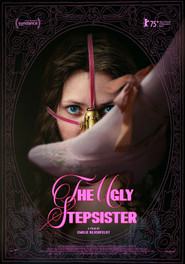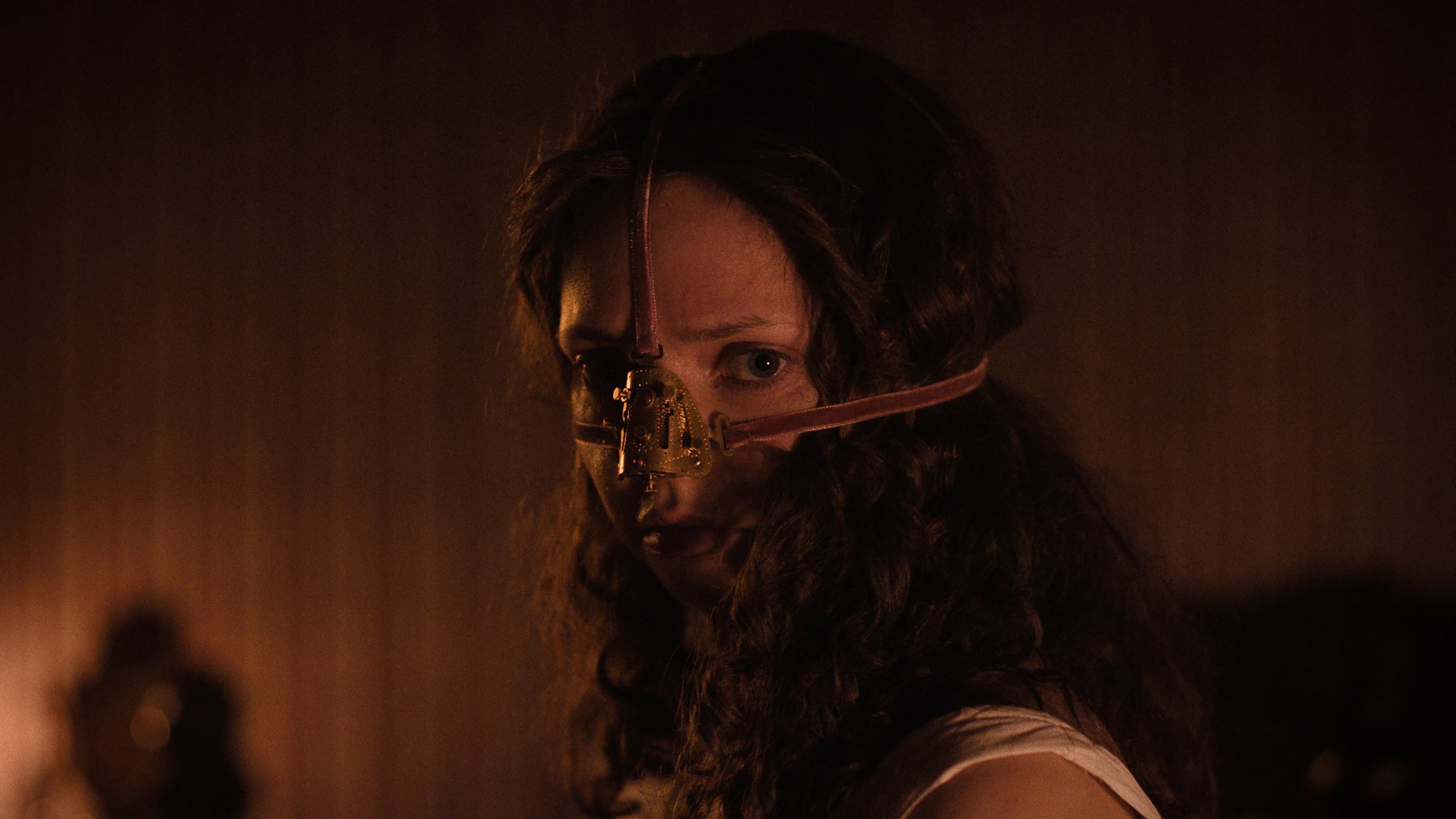Read Stream Den stygge stesøsteren (2025) Movie
Watch Den stygge stesøsteren (2025) Movie

In a fairy-tale kingdom where beauty is a brutal business, Elvira battles to compete with her incredibly beautiful stepsister, and she will go to any length to catch the prince’s eye.

- satire
## The Bitter Pill: Unpacking the Twisted Nuances of the Evil Stepsister Trope and Finding Humanity in Hatred
The "evil stepsister" is a literary and cinematic staple. From Cinderella to modern-day retellings, the archetype, often dripping with jealousy and fueled by resentment, serves as a convenient foil to the virtuous protagonist. But what happens when we peel back the layers of the venom and explore the genesis of their bitterness? What if, instead of a caricature of cruelty, we find a reflection of societal pressures, familial dysfunction, and deeply buried insecurities?
While outright excusing their actions is never the goal, understanding the potential motivations behind the wickedness allows for a richer and more nuanced narrative. Take, for example, the classic Cinderella. The stepsisters, frequently portrayed as physically unattractive and lacking in grace, are positioned as inherently inferior to Cinderella’s ethereal beauty and inherent goodness. This contrast immediately creates an imbalance, and their cruelty can be interpreted, not as innate malice, but as a desperate attempt to maintain a semblance of control and self-worth in a world that constantly devalues them.
Consider the socio-economic context. In many iterations of the story, the stepsisters have known a life of privilege before Cinderella's arrival. The sudden intrusion of this orphaned girl, now positioned as a potential rival for their mother's affection and a threat to their inherited status, understandably breeds resentment. They perceive Cinderella not as a victim, but as an interloper, a thief stealing their rightful place. This perceived injustice fuels their antagonism and justifies their mistreatment.
Furthermore, the lack of genuine affection and emotional support from their mother often contributes to their distorted worldview. A mother obsessed with social climbing and obsessed with marrying her daughters off to wealthy suitors creates an environment where worth is measured solely by outward appearances and societal approval. In this cutthroat arena, the stepsisters are pressured to conform to unrealistic beauty standards and compete for attention, fostering a climate of intense rivalry and insecurity. Their cruelty becomes a twisted manifestation of their own internalized pain and anxieties, projected onto the perceived threat that is Cinderella.
The key to unpacking the evil stepsister trope lies in humanizing their flaws. Instead of focusing solely on their outward acts of cruelty, we need to delve into the internal struggles that drive their behavior. What are their dreams? What are their fears? What are their vulnerabilities? By exploring these complexities, we can transform a one-dimensional villain into a complex and flawed individual struggling to navigate a challenging and often unfair world.
Moreover, reframing the stepsisters' narrative allows for a more profound exploration of societal issues. Their obsession with beauty can be interpreted as a commentary on the pervasive influence of societal beauty standards. Their relentless pursuit of wealth and status can be seen as a critique of materialism and the pressure to conform to societal expectations.
Ultimately, the "evil stepsister" archetype offers a fertile ground for exploring themes of jealousy, insecurity, societal pressure, and the complex dynamics of family relationships. By delving deeper into their motivations and humanizing their flaws, we can move beyond simplistic good-versus-evil narratives and uncover a more nuanced and thought-provoking understanding of the human condition. The bitterness we perceive might just be the bitter pill they themselves are forced to swallow, a consequence of a world that prioritizes outward appearances over inner worth and breeds competition instead of compassion. The question then becomes, can we find empathy even for those who embody our darkest projections?